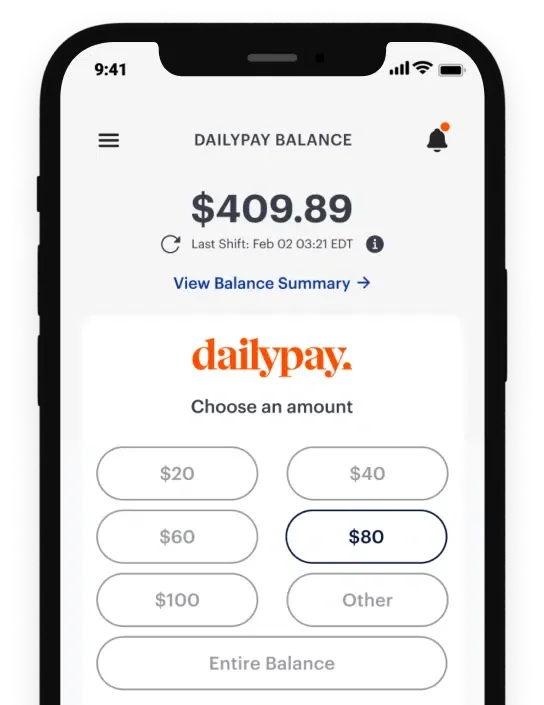Student loan debt can be a very real financial stressor for many borrowers. The average U.S. household with this type of debt owes over $59,000, according to a 2021 NerdWallet study. The total amount of student loan debt owed nationwide is a whopping $1.58 trillion. Possible student loan debt cancellation has recently been making headlines, but nothing has been finalized as of yet. With that said, here’s a closer look at whether or not your student loans may or may not be forgiven.
The federal student loan moratorium is currently set to expire August 31, 2022.
When the pandemic hit in March 2020, the federal government temporarily paused payments on government-issued student loans. The moratorium has been extended several times since. The latest news came in April when President Biden announced that the pause will continue through August 31, 2022. The decision came after a data analysis from the Federal Reserve suggested that millions of borrowers would face economic hardship if required to resume payments. The federal government said in its statement that delinquencies and defaults could threaten Americans’ financial stability.
So here we are. If you have federal student loan debt, you have the choice to continue deferring your payments until September 1. You can also continue making payments if you choose—doing so could help you ultimately pay down your debt sooner.
Setting the loan moratorium aside, President Biden has also floated the idea of permanently canceling some portion of federal student loan debt for certain borrowers. However, nothing has been finalized just yet. The Wall Street Journal reports that a decision isn’t likely to come until later in the summer, based on recent comments from administration officials.
Other student loan forgiveness programs are still in place.
Student loan forgiveness is still an option for borrowers who meet certain eligibility requirements, bearing in mind that these programs only apply to federal student loans. These are student loans provided through the U.S. Department of Education. Private student loans, which are typically issued by banks and financial institutions, are another story. Unless there’s a dire circumstance, such as death or permanent disability, lenders generally do not forgive private student loans.
With that said, below are a few situations where federal student loans may be forgiven. The U.S. Department of Education also outlines a full list of eligible circumstances here:
- Public service loan forgiveness: This could allow those who work for the government or a not-for-profit organization to have some of their student debt forgiven. The program will waive the remaining balance of Direct Loans if you’ve made 120 qualifying monthly payments under a qualifying repayment plant. During this time, you must have worked full-time for a qualifying employer.
- Teacher loan forgiveness: You might be eligible for loan forgiveness of up to $17,500 on Direct Loans if you teach full time in a low-income school for five complete and consecutive academic years.
- Closed school discharge: Some student loans may be forgiven if your school closes while you’re enrolled or shortly after you withdraw.
It’s also worth noting that federal student loans are discharged at death. That means the debt will not be inherited by your heirs.
What to do if your payments will resume in September 2022?
Only time will tell if the federal government will take action to cancel some portion of student loan debt or extend the pause on federal student loan payments. In the meantime, you can begin prepping your budget now if you expect your payments to resume in September 2022. Below are some suggested handy action items:
- Contact your student loan servicer to clarify your monthly payment and due date. It’s also recommended to make sure they have your correct contact and bank information.
- Revisit your monthly budget to be sure you have room for your student loan payment. If not, are there any expenses you can cut? You might also explore an income-driven repayment plan.
- Consider refinancing. This involves taking out a new private loan to pay off your outstanding federal student loans. Doing so could result in a lower interest rate, but remember that you’ll be losing certain benefits and protections only available to borrowers of federal student loans. This typically includes access to income-driven repayment plans, loan forgiveness options, and any future pauses on required payments on federal student loans.

